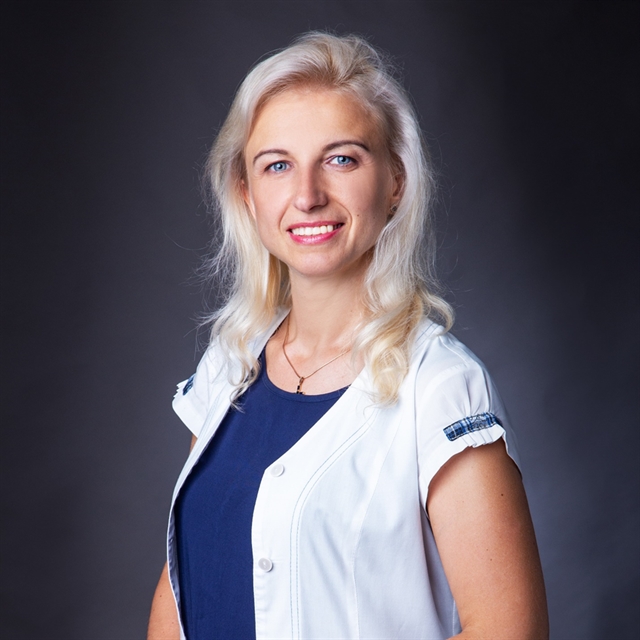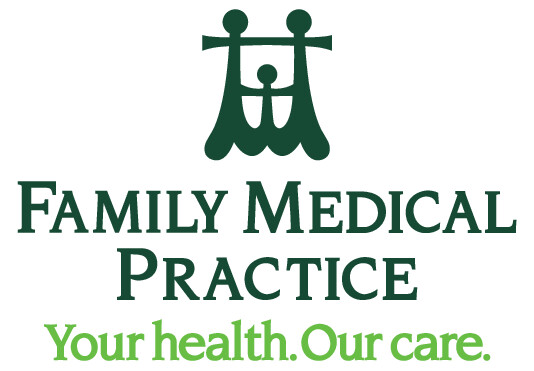 Life & Style
Life & Style

 |
| Dr. Olga Sambolska. photo courtesy of Family Medical Practice |
Dr. Olga Sambolska*
If you are a woman – have you ever experienced any of these symptoms?
· Heavy, long, irregular periods or absence of periods for an extended period of time.
· Acne, particularly along the jawline, on the chest, or oily skin.
· Excessive hair growth on the face or body, along with simultaneous head hair loss.
· Depression or anxiety.
· Weight gain, especially around the waistline, weight fluctuation, and difficulty losing weight.
· Infertility or difficulty getting pregnant.
As a gynecologist I have diagnosed many women experiencing one or several of these symptoms with polycystic ovary syndrome (PCOS), a common yet often misunderstood condition. The symptoms of PCOS can vary from woman to woman, making diagnosis somewhat challenging and the symptoms may also change over time and often occur without a clear trigger.
 |
| PCOS is a common hormonal condition that affects approximately 1 in 10 women. Photo shutterstock.com |
PCOS manifests in various types, each presents with a range of symptoms, making diagnosis and management complex. The common feature of PCOS is an excess production of male hormones (androgens) that disrupt ovulation, leading to infertility. It is the leading cause of infertility among women of childbearing age.
PCOS is a common hormonal condition that affects approximately 1 in 10 women of reproductive age. While it is a chronic condition without a cure, symptoms can be improved through lifestyle changes, medications, and fertility treatments. The exact cause of PCOS remains unknown, but women with a family history of PCOS, type 2 diabetes, or obesity/metabolic syndrome are at a higher risk.
The exact cause or causes of PCOS are still unknown, but several factors may contribute to its development. These factors include genetics, dysregulated insulin or blood sugar and environmental factors (processed foods, contraceptive pills, excessive caffeine or alcohol, chronic inflammation, and exposure to toxins).
Understanding the different subtypes of PCOS is crucial for selecting the most effective treatment approach. In Western medicine, all types of PCOS are often managed with the same treatments, even though these treatments may only work for some women some of the time. However, identifying the specific subtype of PCOS can make a significant difference in developing a tailored treatment protocol. It is important to note that not all women with polycystic ovaries have PCOS, and conversely, not all women with PCOS have polycystic ovaries. Polycystic ovaries can be found in approximately 25% of healthy women.
The four sub-types of PCOS are as follows:
1. Insulin-Resistant PCOS: Common type, with high insulin levels affecting ovulation and causing symptoms like irregular cycles, weight gain, acne, and hair issues.
2. Inflammation-Based PCOS: Seen in non-overweight women without typical PCOS symptoms, caused by factors like food sensitivities, toxins, and poor diet.
3. Synthetic Hormone-Induced PCOS: Common in women using hormonal birth control long-term, as synthetic hormones disrupt communication between the pituitary gland and ovaries.
4. Adrenal PCOS: Elevated DHEAS levels (but normal testosterone and androstenedione) indicate this type, accounting for 10 per cent of PCOS cases, driven by abnormal stress response.
It is important to note that it is possible to have a combination of these four types of PCOS, or for the root cause of PCOS to evolve overtime. Therefore, understanding the specific subtype and addressing the underlying cause(s) is key for developing an effective treatment strategy.
PCOS is often undiagnosed until women reach their 20s or 30s, despite developing it in their teens. Diagnosis is based on the Rotterdam Criteria, which require meeting two of the following criteria:
1. Oligoovulation: Irregular ovulation leading to anovulatory cycles and irregular periods.
2. High androgen levels: Resulting in symptoms like acne, excess facial and body hair, male pattern hair loss, weight loss resistance, and abdominal weight gain.
3. Polycystic or enlarged ovaries: Typically detected through ultrasound or pelvic examination.
In conclusion, Polycystic ovary syndrome (PCOS) is a complex condition that requires attention and regular check-ups. If you experience symptoms such as irregular periods, infertility, acne, excessive hair growth, or weight-related issues, it is important to consult with a gynecologist. You can receive personalised treatment options and guidance tailored to your specific needs. Early intervention and proactive management can lead to better outcomes and improved quality of life! FAMILY MEDICAL PRACTICE
*Dr. Olga Sambolska graduated from Lviv National Medical University in 1996 and commenced her medical career at the Volyn Regional Maternity Hospital in Ukraine. Since 1998 she has been a registered obstetrics and gynecology doctor, providing healthcare to women in relation to pregnancy, birth control, menopausal issues, contraception, menstrual cycle diseases and sexually transmitted diseases. She is fluent in Ukrainian, Russian, Polish and English.
Visit Family Medical Practice Hanoi 24/7 at 298I Kim Mã St., Kim Mã, Ba Đình. To book an appointment, please call us at (024).3843.0784, or contact us via Whatsapp, Viber or Zalo on +84.944.43.1919 or email hanoi@vietnammedicalpractice.com.
FMP’s downtown location in Hồ Chí Minh City is in Diamond Plaza, 34 Lê Duẩn St., Bến Nghé, District 1, and 95 Thảo Điền St., District 2. Tel. (028) 3822 7848 or email hcmc@vietnammedicalpractice.com.




